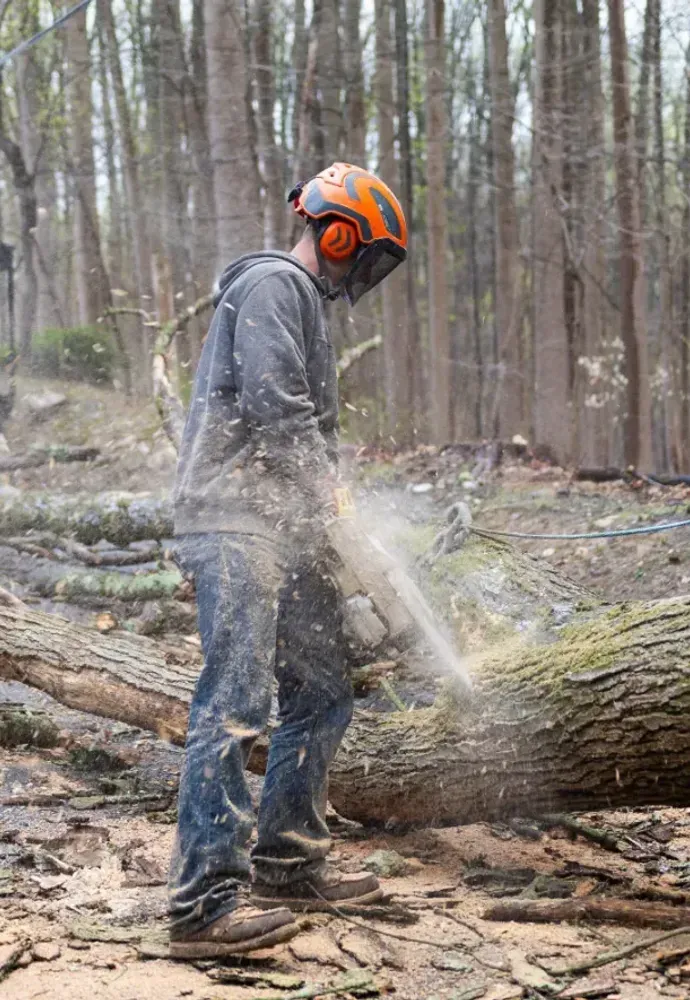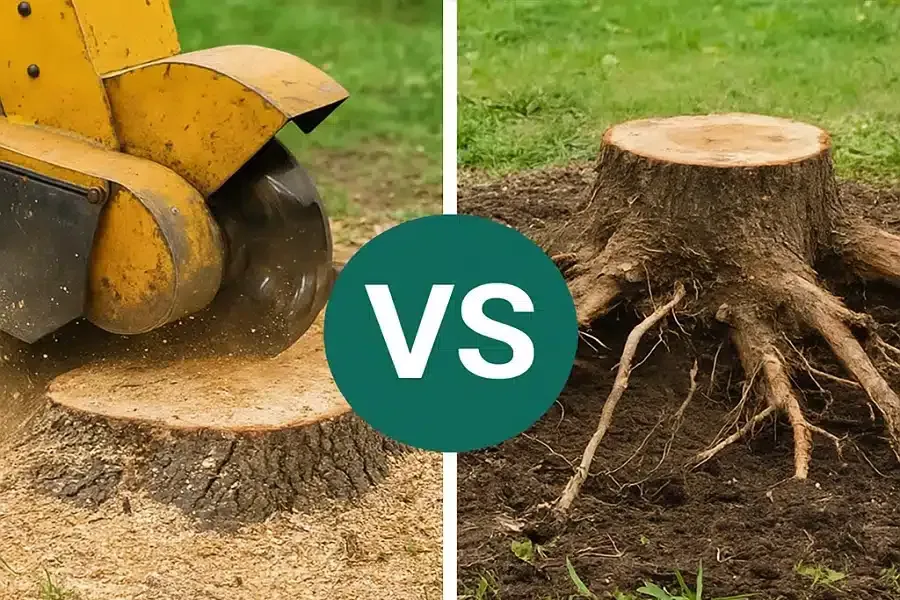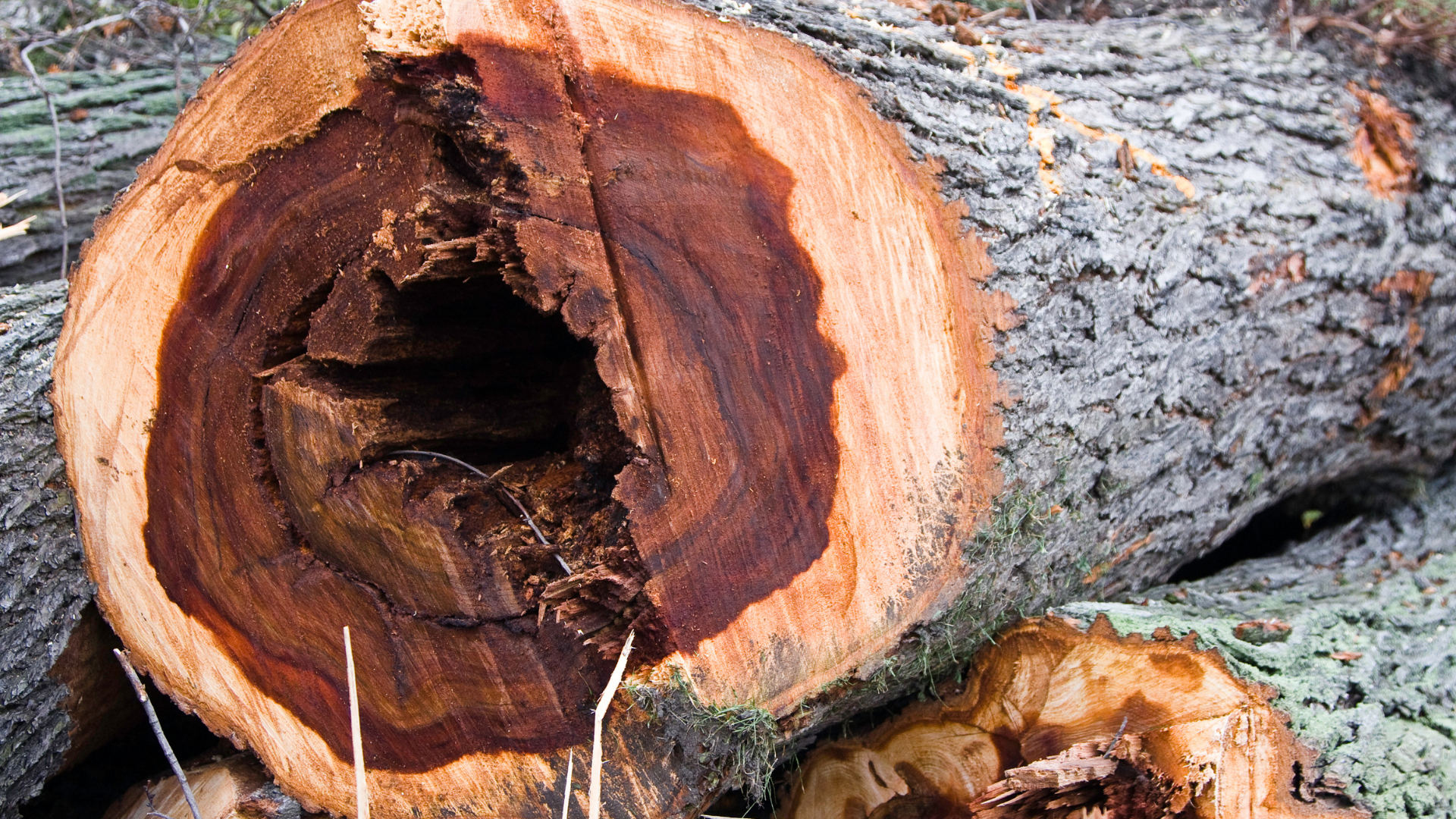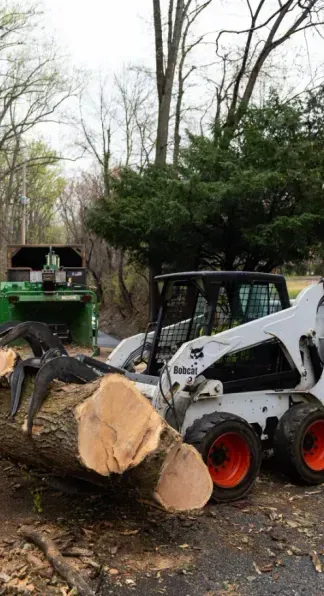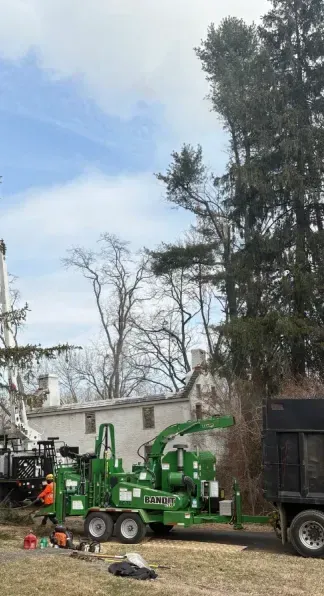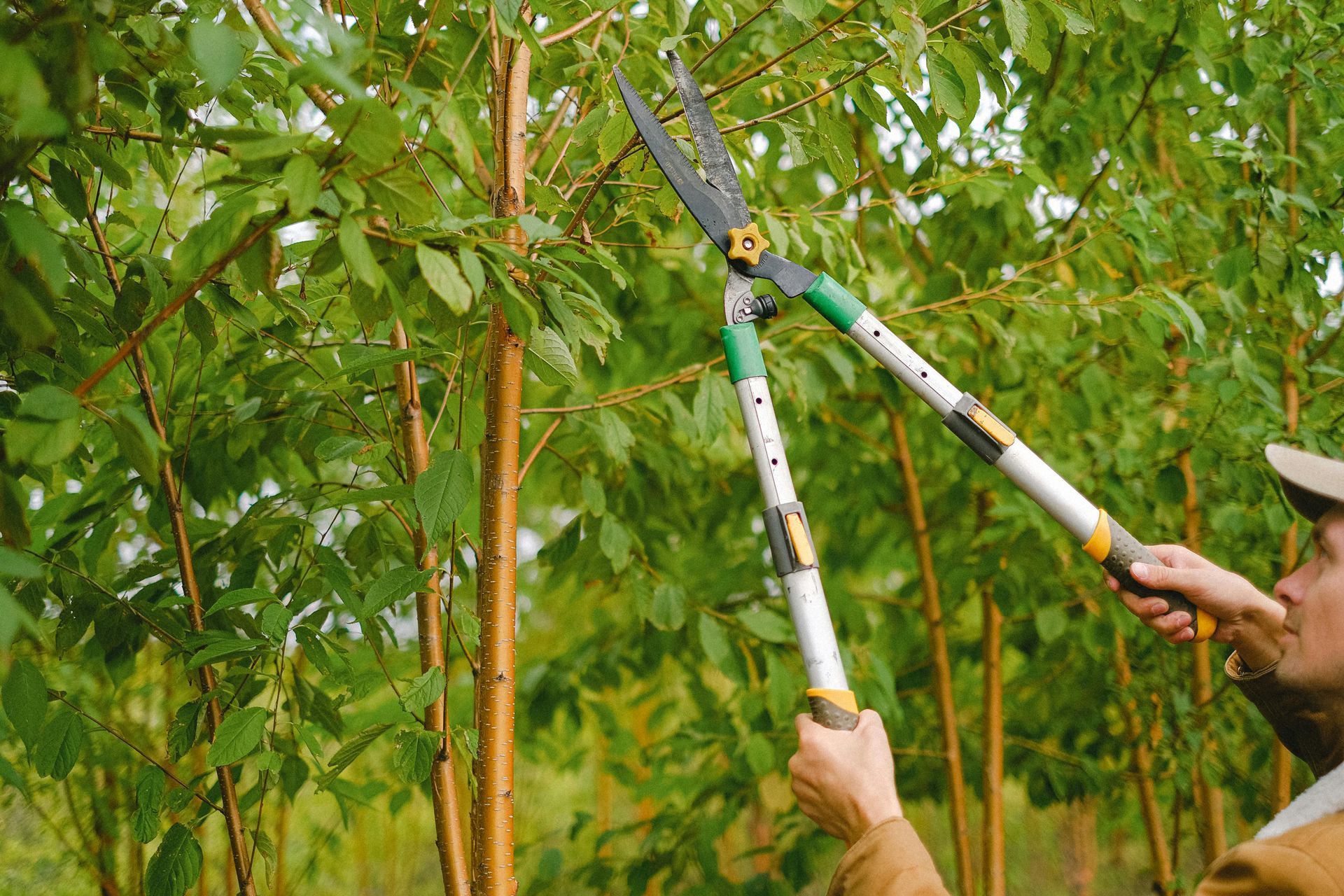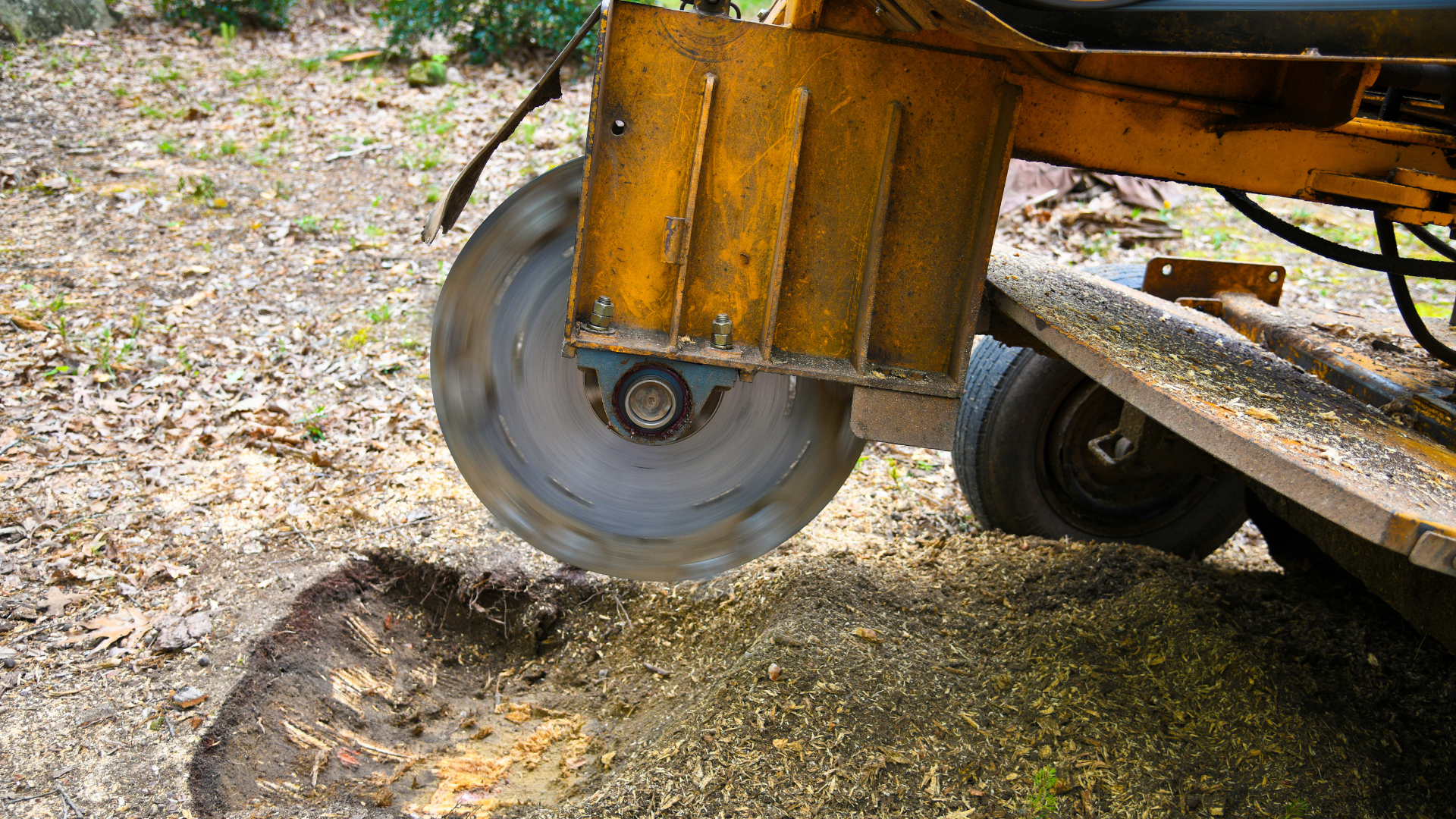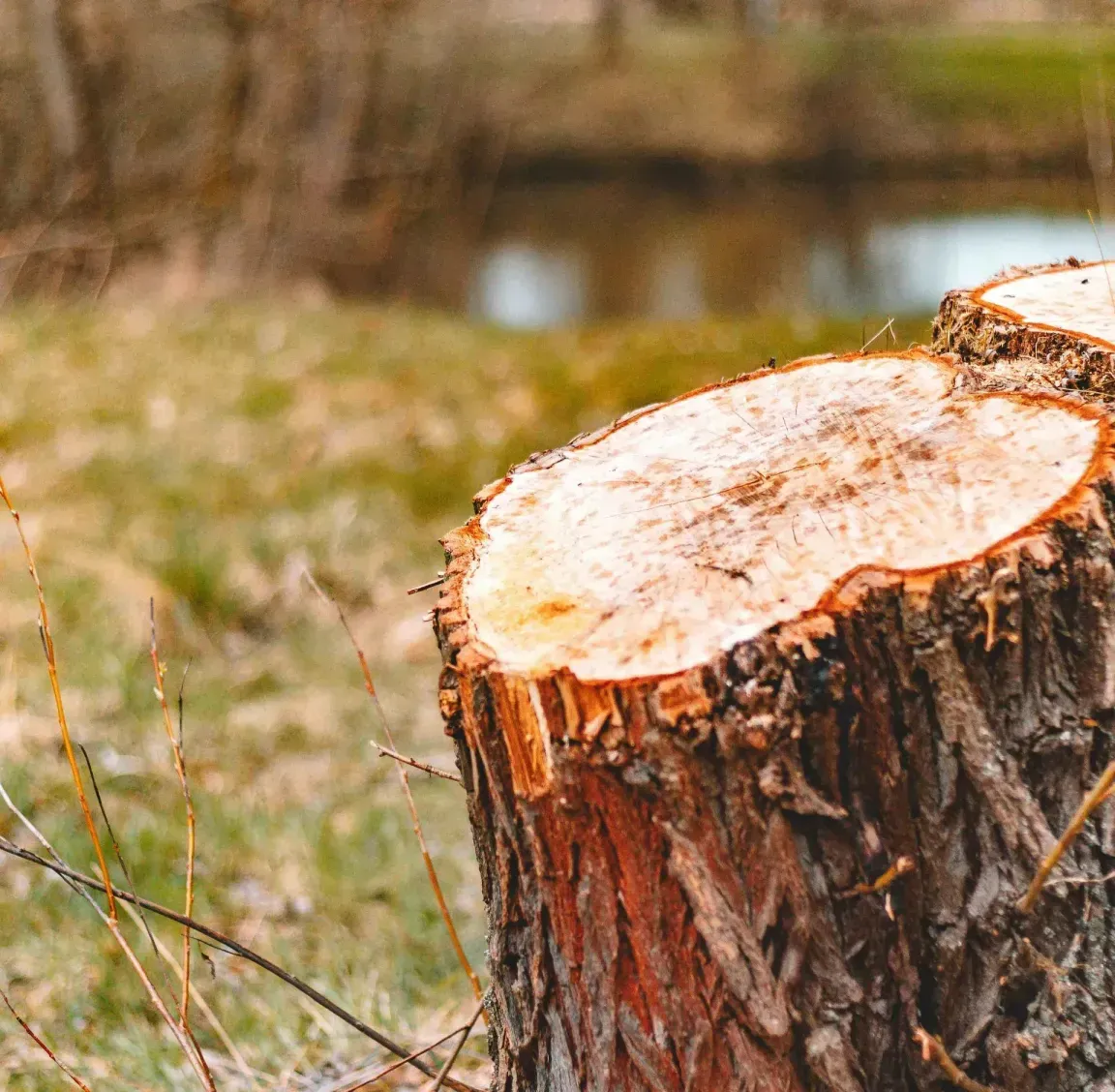Spring Yard Clean-Up Checklist for Homeowners in Delaware
Spring Yard Clean-Up Checklist for Homeowners in Delaware
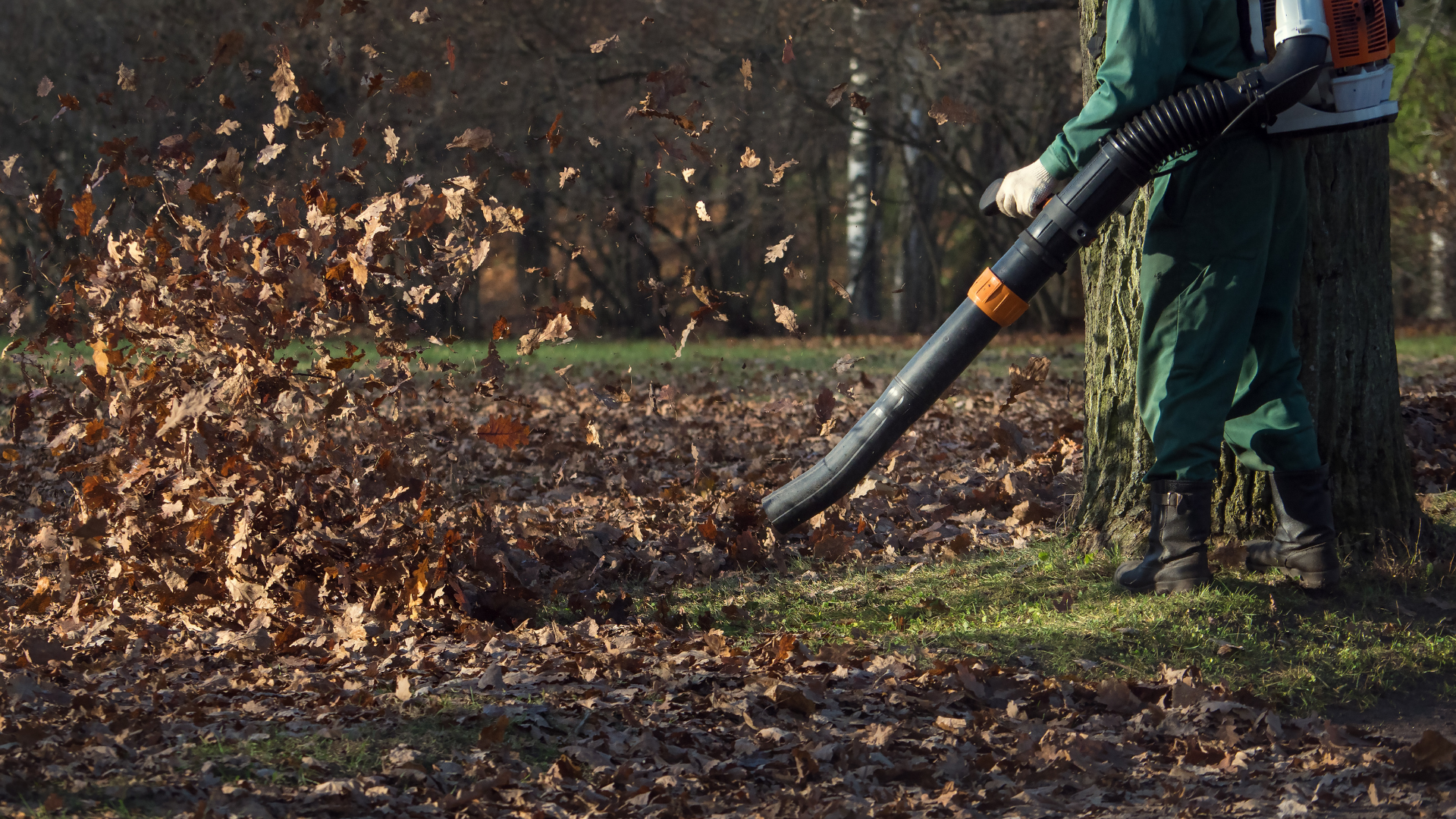
After months of freezing temperatures, harsh winds, and snow, your yard in Delaware is likely ready for a fresh start. Spring is the ideal time to reset your landscape, remove debris, and prepare your property for new growth. Whether you own a home in Wilmington, Newark, Middletown, or anywhere else in the state, getting your outdoor space into shape early in the season will save you time, money, and headaches later on.
At Tree State Property Maintenance, we help homeowners across Delaware and the tri-state area restore their lawns and landscapes every spring. Use this comprehensive spring yard clean-up checklist to guide your efforts—or let our professionals handle it all for you.
Why Spring Clean-Up Matters
Winter takes a toll on your yard. From broken branches and compacted soil to salt damage and hidden pest problems, your outdoor space needs attention before the growing season kicks into full gear.
Here’s why spring clean-up is essential:
- Prevents mold and decay caused by decomposing organic matter
- Encourages strong root growth by improving soil conditions
- Improves drainage and prevents water pooling
- Reduces pest habitat and lawn disease risks
- Boosts curb appeal at a time when it matters most
If left unchecked, winter damage can stunt your lawn’s recovery and leave you with bare spots, weakened trees, and unsightly landscaping.
Spring Yard Clean-Up Checklist for Delaware Properties
1. Remove Debris and Dead Foliage
Start by clearing away everything winter left behind. This includes:
- Fallen limbs and twigs
- Dead leaves and thatch buildup
- Old mulch and wood chips
- Trash or windblown debris
Removing this material helps the soil breathe, prevents fungal issues, and allows new grass and plants to thrive. It’s also the first step in making your yard look neat and cared for.
For properties near wooded areas or coastal zones in Delaware, winds tend to blow in extra debris—making clean-up even more important.
2. Prune Trees and Shrubs
Spring is one of the best times to prune trees and shrubs—especially before new growth fully emerges. Pruning helps maintain shape, remove storm damage, and promote flowering and healthy structure.
Prune the following:
- Dead, damaged, or diseased branches
- Overgrown hedges
- Limbs rubbing against homes or interfering with power lines
Safety note: Never attempt to remove large limbs or prune trees near power lines on your own. Our certified arborists can handle tree trimming safely and efficiently.
3. Aerate the Lawn
Winter compacts your soil, making it harder for air, water, and nutrients to reach grass roots. Aerating the lawn breaks up that compaction and rejuvenates the soil for spring growth.
Benefits of spring aeration:
- Promotes root development
- Improves water absorption
- Helps fertilizer and seed take hold
- Reduces thatch buildup
We recommend core aeration before applying any spring fertilizer or seed for best results.
4. Apply Fresh Mulch Strategically
Mulch is more than just decoration—it protects plant roots and helps retain moisture. But before applying a fresh layer, it’s important to:
- Remove old, compacted mulch from previous seasons
- Apply a new 2–3 inch layer evenly around trees and garden beds
- Avoid piling mulch against tree trunks, which can cause rot and pest problems
Use mulch in areas around your foundation plantings, flower beds, and newly pruned shrubs to help regulate soil temperature and prevent early-season weeds.
5. Edge Garden Beds and Replant Bare Spots
Sharp bed edges give your landscaping a clean, manicured look while also preventing grass from creeping into planting zones. Use a spade or edger tool to define crisp lines between:
- Garden beds and the lawn
- Tree rings and mulched zones
- Walkways and planted borders
Next, take stock of your turf. Replant bare spots with grass seed or sod, especially in high-traffic areas or spots where snow and ice sat for long periods. Don’t forget to water thoroughly for the first few weeks.
6. Fertilize and Apply Weed Control
Spring is the ideal time to feed your lawn and garden beds so they wake up strong. Use a balanced, slow-release fertilizer designed for Northeast lawns. Timing is key—apply after the last frost and before the first flush of fast growth (typically in April or early May in Delaware).
You can also apply pre-emergent weed control to stop crabgrass, dandelions, and clover from taking over. Be careful not to use weed killers in areas where you’ve just seeded.
7. Inspect for Winter Storm or Pest Damage
Cold weather, snow loads, and wind can damage trees, fences, and even soil structure. Spring is a critical time to inspect your entire property for signs of hidden damage.
What to check:
- Tree bark splitting or peeling
- Fungal growth or soft wood at the base of trees
- Exposed roots or soil erosion
- Broken fence posts or loose panels
- Animal burrows or mole tunnels in the lawn
If you’re not sure what to look for, our trained technicians can walk your property and recommend any necessary repairs or removals.
Combine Clean-Up with Other Services
At Tree State Property Maintenance, spring clean-up often includes a full suite of services designed to restore your property after winter. These may include:
- Tree removal or stump grinding
- Storm debris clearing
- Brush cutting or hedge trimming
- Landscape bed preparation
- Mulch and topsoil delivery
- Spring gutter cleaning
Bundling services together not only saves time, but often saves money too—especially if you have multiple needs on one property.
Local Timing: When Should You Start Spring Clean-Up in Delaware?
In Delaware, we recommend scheduling your spring clean-up between late March and early May, depending on the year’s weather patterns. Look for these signs that it’s time:
- The ground is no longer frozen
- Daytime temps stay consistently above 45°F
- New grass blades and buds start to appear
- There’s no snow or frost in the 10-day forecast
Pro tip: Booking early in the season ensures you get your preferred date—before the schedule fills up.
FAQs About Spring Yard Clean-Up
How long does a spring clean-up service take?
For most residential properties, spring clean-up can be completed in 4 to 8 hours. Larger estates or homes with heavy tree cover may take a full day or more.
Can you include tree removal or stump grinding with clean-up?
Yes. We regularly combine stump grinding, tree trimming, and even new planting projects with spring clean-up packages.
Do I need to be home for the service?
Not necessarily. As long as we have access to the yard, we can perform most services without you being present. We’ll follow up with photos and any notes after the job.
Contact Us
Don’t let spring slip away while your yard remains stuck in winter mode. Tree State Property Maintenance offers fast, reliable, and fully insured spring yard clean-up services across Delaware and the tri-state region.
We’ll remove debris, restore your lawn, trim trees, and get your property looking its best—so you can enjoy the season ahead.

